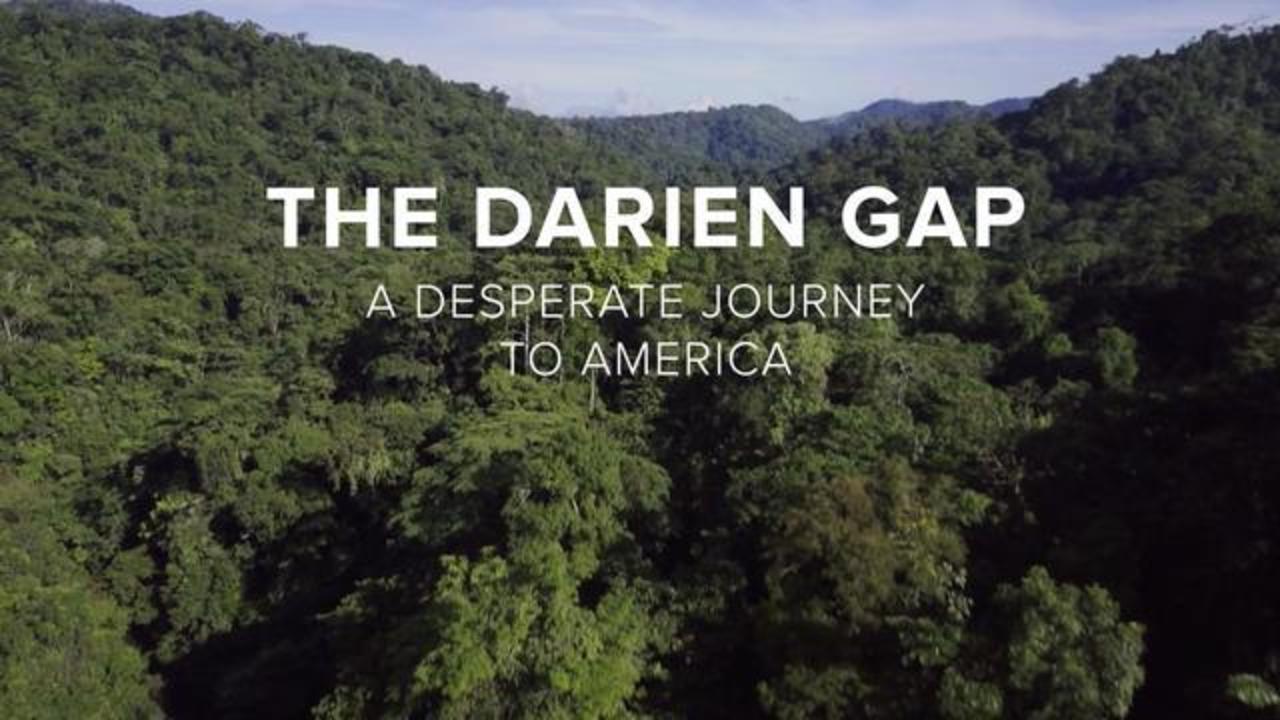Ecuadorians make up the second largest group trying to cross the Darién jungle to reach the United States. In a recent interview, Cristina Zugasti, representative of Doctors Without Borders in Panama, talked about the physical and emotional impact that migrants experience.
The Panama Migration Office has revealed that Ecuadorians make up the second largest nationality group that is crossing the Darién gap—considered the world’s most dangerous jungle— to try to reach the United States.
Around 29,356 Ecuadorians crossed the Darién during 2022, although the figure does not compare with the more than 150,000 Venezuelans who did the same.
The international organization Doctors Without Borders in Panama has provided medical and psychological consultations to more than 40,000 migrants who have managed to cross the dangerous jungle, including Ecuadorians.
In a recent interview, Cristina Zugasti, a representative of Doctors Without Borders in Panama, talked about the physical and emotional impact of migrants who cross the Darién.
What is the state of health of the migrants upon leaving the Darién?
The road itself is physically and mentally very hard, due to the simple fact of crossing through an inhospitable jungle. In addition, violence is added.
There are criminal groups that rob migrants, beat them and in many cases, there is also sexual violence that affects women, but also children and men.
When they come out of the jungle, people are very stressed and exhausted.
In the case of women, there are mothers who go with their children protecting them along the road so that they are less aware, but many of these mothers experience a feeling of guilt.
According to migration data from Panama, Ecuadorians are the second most nationality that is crossing the Darién. How many have you treated medically?
In 2022 we carried out some 40,000 medical consultations, 7.2%, were to Ecuadorians; that is, around 2,880 people.
But this year, up until January 23rd, of the 4,161 consultations carried out, 13.12% were Ecuadorian patients.
We also give clinical psychology consultations, in 2022 we provided 2,583 services and 561 psychosocial support group sessions.
What happens in those group sessions?
For example, in clinical psychology consultations, more than 70% go because they have experienced an event related to violence.
And more than 68% say that the event for which they come for a consultation has taken place in the last week, this means that it has occurred in the jungle, because the route lasts no less than eight days, some people more than 10 days.
Going through the jungle is very complicated and people, as soon as they leave, need support, and that is what we provide, that physical and mental support.
There is talk of how dangerous the Darien route is. Have you found any common factor as to why migrants take so much risk?
We cannot evaluate the needs they have or what leads them to make these decisions and the results they assume because these, in the end, are something very subjective.
But what is clear is that what reaches social networks comes from people who have left the jungle and what scares us the most is everything we do not see, those who cannot get out.
There are cases of people who were camping and were carried away by the river, that happens a lot.
People walk and when they must cross rivers they hold on, but there are cases where the child gets loose from the grandfather, or the people who go to rescue that child and who are also carried away by the river, or assaults by criminal groups that they rob people, that doesn’t come out on Tik Tok.
In the sessions, do they talk about the factors that affect migrating through this dangerous route?
In many of the people who are encouraged to do this route there is a factor of violence or they did not feel safe in the place where they were.
Ecuadorians mention a lot that the reason they migrate is because they are required to pay a “vaccine,” which should refer to extortion.
For example, a 50-year-old man who came for a consultation told us that he was selling on the street and that the criminal groups asked him for $2,000 and he said that he could not pay, nor could his family, so he left.
Other cases say that economically the situation is very difficult.
A lady said that she worked and that more than once they called her from the children’s school and it was the director who had not paid for the “vaccine” and she had to run to pick up the children because they had been threatened with a bomb.


0 Comments